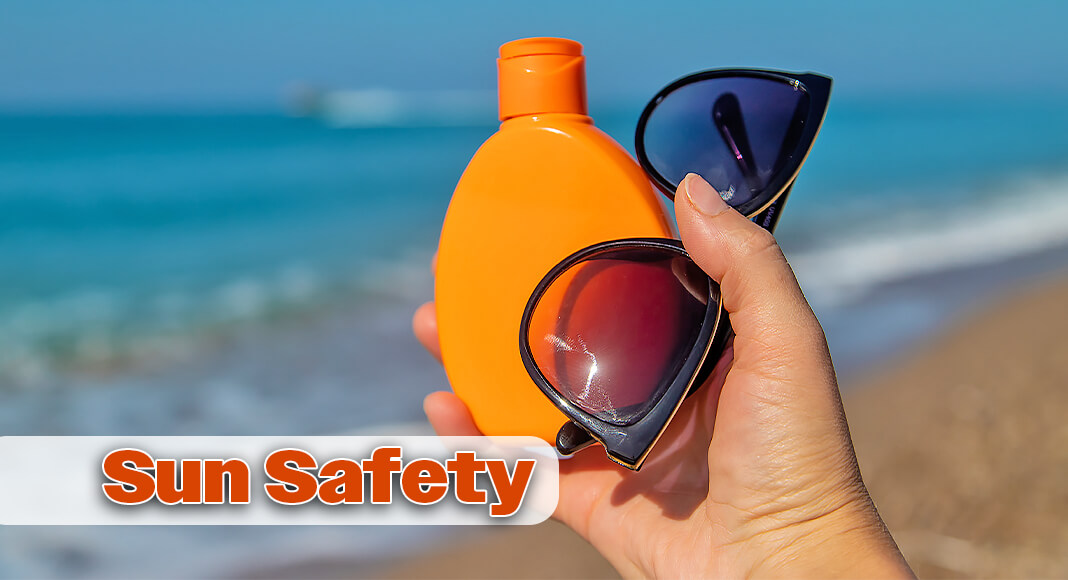
Mega Doctor News
CLEVELAND CLINIC – This Friday is Don’t Fry Day, which is held every year to help raise awareness about the importance of sun safety and using products like sunscreen.
But with so many different kinds available, how do you know which one is best?
“At the end of the day, any sunscreen is better than none. But if you want to do the best job of protecting your skin, it would be picking a high SPF with your mineral sunscreens in it, which are going to be your zinc oxide, titanium dioxide,” said Shilpi Khetarpal, MD, dermatologist at Cleveland Clinic. “It’s also important to look at the label for SPF 30 or higher. Once you’re at 30, you’re protecting yourself from at least 97% of the UV rays. And then look for broad spectrum, which means UVA, UVB.”
Dr. Khetarpal said you can use sunscreen in the form of a lotion, stick or spray.
It doesn’t have to be an expensive brand either, what matters more is that you’re applying it properly.
Often times people aren’t putting enough on in the first place.
Dr. Khetarpal said you need about a shot glass worth of sunscreen to cover your entire body, head and ears included.
After that, it should be reapplied every two hours.
If you’re planning to use water resistant sunscreen, she recommends putting it on at least a half hour before going in the water.
Otherwise, it’ll just wash right off.
“For people who don’t want to wear sunscreen, or they don’t like the way it feels, you could look for great clothing options that have UPF in them. So, it’s a special fabric that actually protects from the sun. They make UPF bathing suits, tops, and hats. Believe it or not, a cotton shirt is just an SPF of four,” said Dr. Khetarpal.
She also reminds people to check the expiration date on their sunscreen if they haven’t used it since last summer.
Once it expires, it’s no longer effective.









